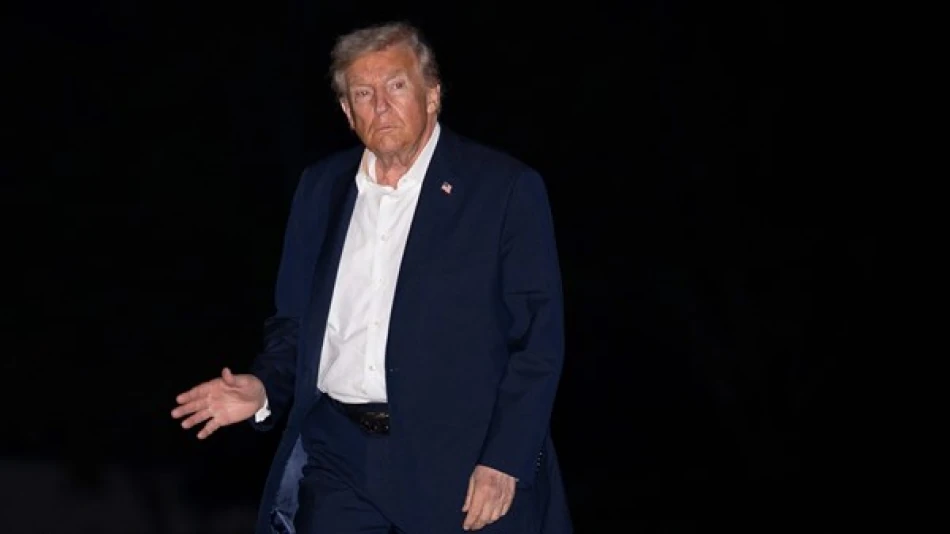
Trump's Tariffs on Wood and Furniture Take Effect: Impact on Global Trade
President Donald Trump's new tariffs on imported wood, furniture, and kitchen cabinets took effect Tuesday, marking another step in his trade policy agenda. The tariffs start at 10% for softwood but climb as high as 50% for bathroom cabinets by early 2025, with some exceptions for key allies.
The latest package hits different products at varying rates. Softwood imports face a 10% tariff, while certain types of upholstered furniture and kitchen cabinets start with 25% duties. But this is just the beginning - the rates are set to climb higher.
Starting January 1st, upholstered furniture tariffs will jump to 30%. Kitchen and bathroom cabinets will see even steeper increases, reaching 50%. These escalating rates suggest the administration wants to give domestic producers time to ramp up production while making imports increasingly expensive.
The policy does include some diplomatic considerations. Wood products from Britain will cap out at 10% tariffs, while those from the European Union and Japan face a maximum of 15%. This tiered approach reflects ongoing trade relationships and negotiations with these partners.
Trump justified the tariffs by pointing to what he sees as gaps in American wood production capacity. He said the domestic lumber industry "remains less developed than it should be," leaving the country dependent on foreign suppliers. This reasoning fits his broader push to rebuild American manufacturing sectors.
For consumers, these tariffs will likely mean higher prices on home improvement projects and furniture purchases. Kitchen renovations and new furniture could become notably more expensive, especially as the tariff rates increase next year.
The construction industry, already dealing with housing affordability challenges, now faces another cost pressure. Builders who rely on imported wood and cabinets will need to either absorb these costs or pass them on to homebuyers.
Trade partners affected by these tariffs may respond with their own retaliatory measures, potentially escalating trade tensions. The graduated implementation and ally exemptions suggest the administration is trying to balance domestic protection with international relationship management.
Most Viewed News

 Layla Al Mansoori
Layla Al Mansoori






